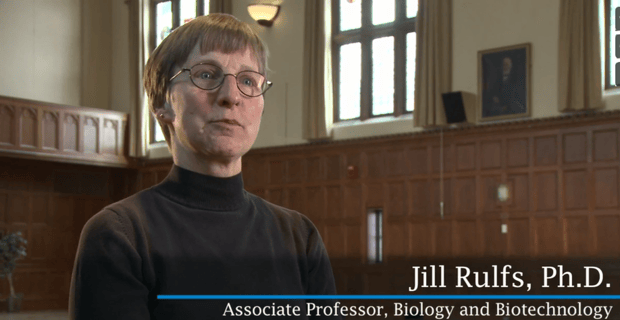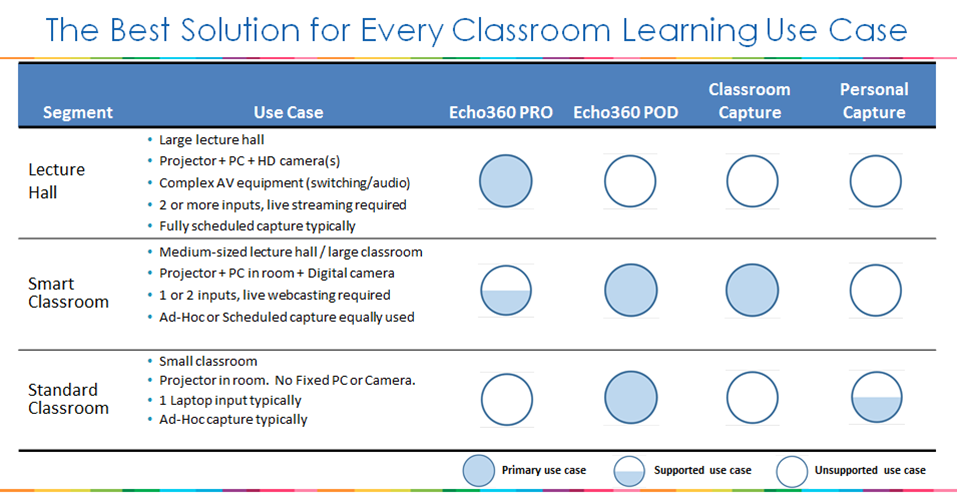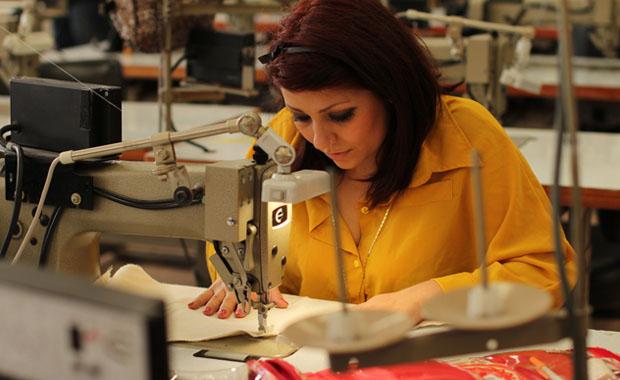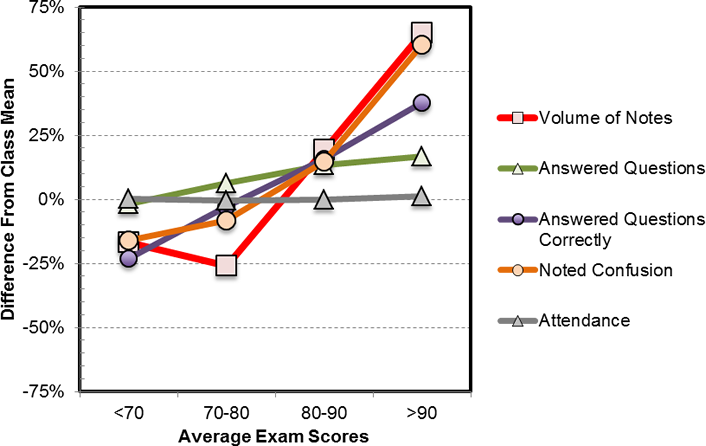8000 Classrooms: Making Learning Accessible for All Students

What was the catalyst for using Echo360 in your classroom?
I feel as that we should give students every advantage in learning. And so, if there’s an opportunity for them to review things or to clarify things by reviewing recorded lectures, I think we should make that available.
Do you have to do anything differently when using the technology? Do you have to teach differently?
I do pay more attention to writing things on the slides that get recorded so that the students have both the audio and the visual. But, by and large, it [the technology] doesn’t interfere with the way I like to present my course material or the interaction with my class.
What about your students? Has using Echo360 changed the way in which they learn?
One big difference I’ve noticed is that they are not so inclined to frantically take notes in class, because they know that they can always go back and pick up the fine points of the presentation. I don’t get so many of those, “wait, can you go back and repeat that,” because they know they can listen to the presentation any time they want. As a result, they pay more attention and participate more in class because they’re not trying to frantically take notes.
Tell us about how lecture capture has helped your students with disabilities.
It’s helped in a number of ways. In my current class of 200 students I have almost two dozen students who have academic accommodations for audio or visual processing issues. The lecture capture allows them to slow things down, to take it at their own speed, to watch the recorded presentation as many times as they want, in order to allow them to process the information.
I also have a student in my class who is visually impaired. He attends class and watches the lectures again at home. He is able to pick up on the things on my PowerPoint presentation that he might have otherwise missed.
And although it’s not a disability, I also have several ESL students who tell me that they really like being able to look and listen to the lectures again. Science has a very distinct vocabulary of its own that’s difficult enough for native speakers. The ability for a student to go back and re-listen to the specific terminology that may not be familiar is a big advantage.
Want to learn more? See how instructors, administrators, and disability professionals at Worcester Polytechnic Institute use Echo360 lecture capture to level the playing field and make learning accessible for all students..


